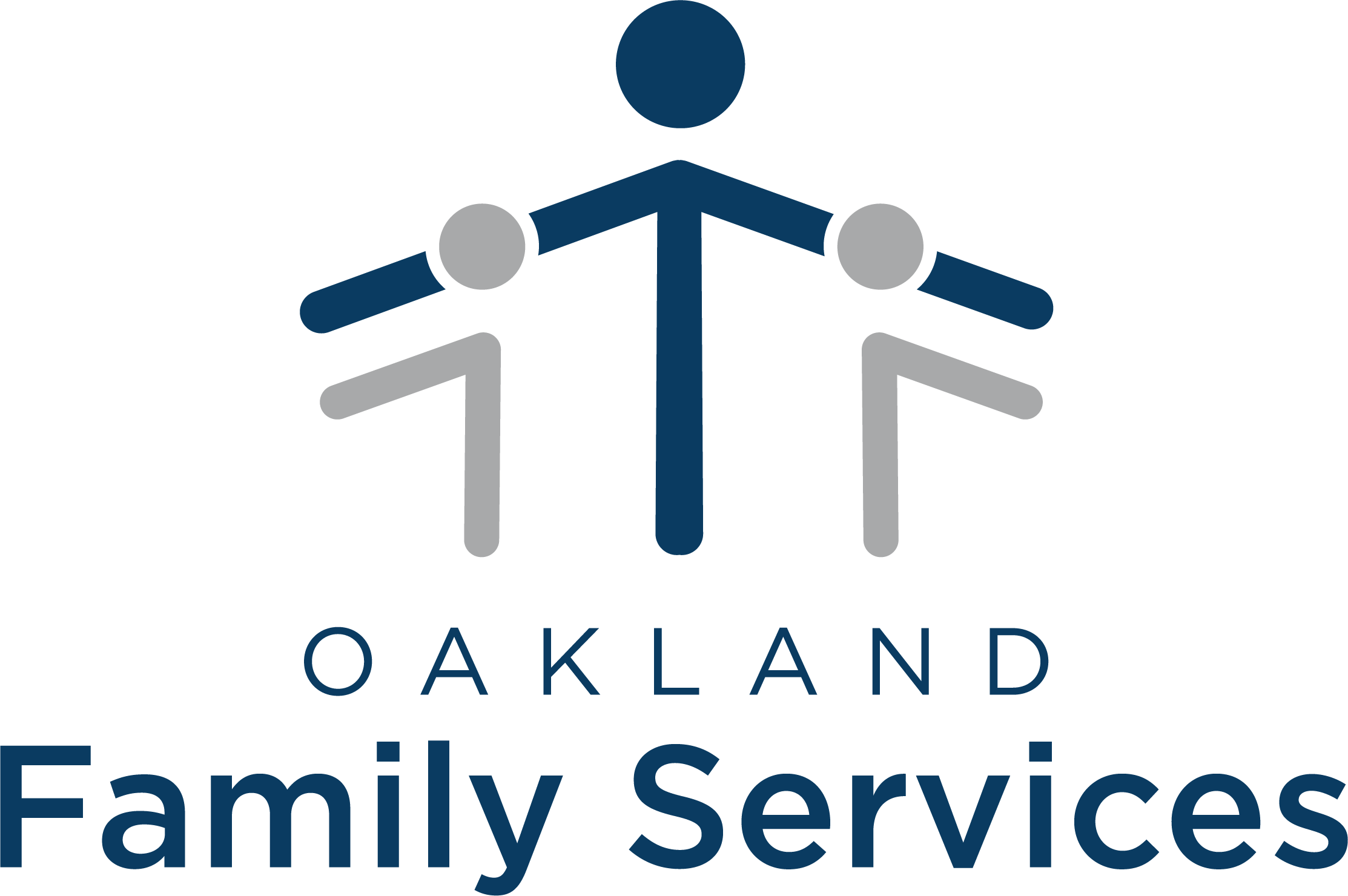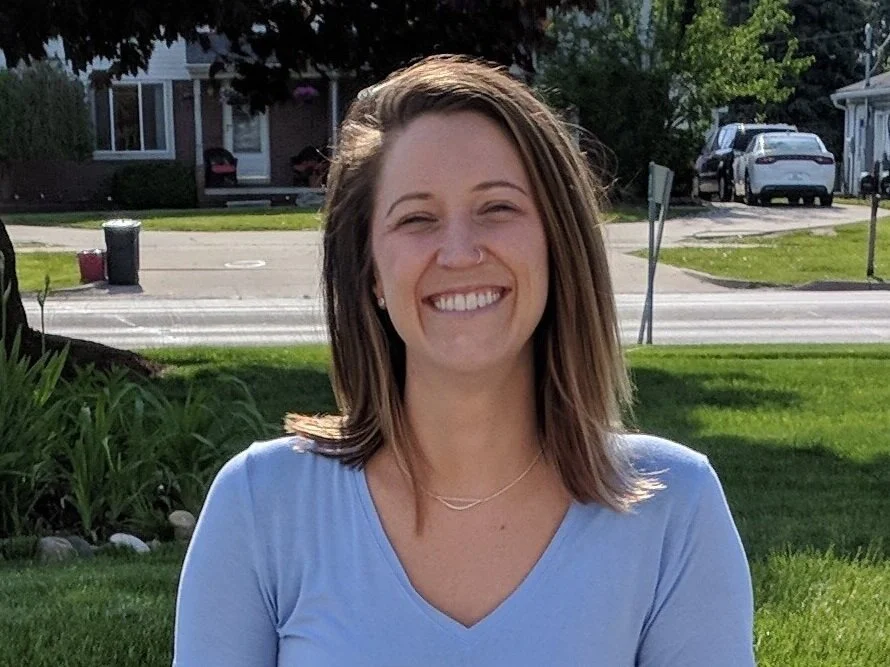Childhood resilience: What it is, why it's important, and how you can build it up
Resilience is a person’s ability to cope with and bounce back from stressful situations. In childhood, resilience helps children become brave, trust their instincts and overcome obstacles more easily. It also reduces the risk that a child will suffer from anxiety or other mental health challenges. Here are some ways that parents and caregivers can build up a child’s resilience:
Establish a Positive Community
Developing close ties to family and community has a big impact on childhood resilience. You can help your child connect with others by:
Building a solid sense of physical and emotional security within your home.
Allowing and encouraging the expression of all emotions, so kids will feel comfortable reaching out in difficult times.
Fostering healthy, caring and supportive relationships within and outside of the family.
Model Resilience
Children learn from what they see and hear. Keep in mind that your child will pick up on how you respond to stress, fear or tough situations and follow your lead.
Embrace mistakes — yours and theirs. If you can admit to your mistakes as an adult, your child will also learn that it’s OK to make mistakes along the way and that mistakes help him or her learn.
Give positive encouragement. Offer your child praise, such as, “I really appreciate when you play so nicely with your brother.” Children thrive when they know someone is noticing their positive behavior.
Seek to understand. Show your child empathy by allowing them to express their emotions. Ask questions to learn what they’re feeling and why.
Promote the bright side. Acknowledge the feelings that lead to pessimistic thinking, then teach your child to reframe their thoughts to find the positive.
Label Emotions
When stress kicks in, emotions run hot, but you can help your child “pump the brakes” on emotional reactions by helping them label their feelings.
Tell your child that it’s OK to feel anxious, sad or scared. All feelings are important, and that labeling their feelings can help them make sense of what they’re experiencing.
Reassure your child that bad feelings usually pass, but also be sure to help introduce and encourage healthy coping skills to help them through difficult times.
Demonstrate Coping Skills
If you can name it, you can tame it! When a child understands what they are feeling and why, then they’re on track to understanding what needs to be done to feel better.
Just like hobbies and interests are unique to each child, so are coping skills. Encourage your child to use their interests in a positive way to help relax and calm themselves.
Model coping skills that have been helpful for you.
Introduce mindfulness and meditation. The world is a busy place for a child, and it can be difficult for them to wind down both physically and mentally. Encourage your child to be OK with quiet and alone time.
Teach Problem-solving Skills
When a child comes to an adult with a problem, it’s important to encourage the child’s participation in the problem-solving process.
Ask questions like, “That’s an interesting question, what do you think?” Encouraging your child to share their thoughts shows them thoughts and opinions are valued and helps them think through the issue and come up with solutions.
Teach your child that they don’t have to solve everything on their own. Encourage them to reach out and ask for help when they need it.
Hello! I am Alex Cabell, a behavioral health clinician for the Day One program at Oakland Family Services. I have been working in the mental health field for 10 years and with children for five years. I also have one baby daughter of my own. I have a master’s and bachelor's degree in social work from Eastern Michigan University with a focus on the geriatric population, but have also found passion in working with children. My career began with working in an inpatient drug and alcohol rehabilitation center and has expanded to working with all ages in various positions, including child welfare and nursing homes. I love the work I do at Oakland Family Services, and I am currently working toward a certification in Trauma-Focused Cognitive Behavioral Therapy.


